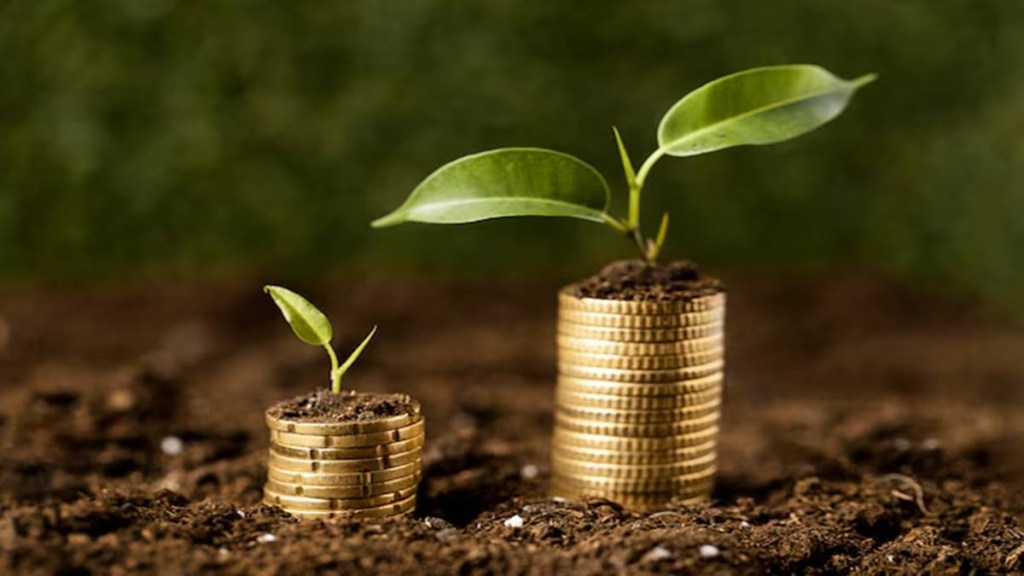Funding for B2C e-commerce startups soared by more than 200% quarter-on-quarter to reach $1.6 billion in Q2 (April-June) of the current calendar year, according to a data sourced from Tracxn. Analysts attribute this surge in fundraise by some of the bigger players such as Zepto during the June quarter, rapid digital adoption in tier II and III cities, and the widespread use of online payment systems.
Neha Singh, co-founder of Tracxn, said the rapid adoption of e-commerce in tier II and III cities was driven by the growing number of users with access to mobile devices and the internet. “The widespread popularity of UPI and other online payment systems has played a pivotal role in this growth. The better availability of options, coupled with competitive pricing, has further fueled this trend,” she noted.
In the previous quarter, funding for these startups stood at $519.8 million. Meanwhile, the space attracted a funding of $577.4 million in the year ago quarter. Singh also pointed out that the B2C e-commerce sector has witnessed a significant growth this year, with $2.5 billion raised year-to-date, already surpassing the total funding for the entire year of 2023. She said that the June quarter stands out as the most funded quarter of the current year, with a 190% increase from the funds raised in the year-ago period.
This surge in fundraise is particularly noteworthy in the context of the broader funding environment, where many sectors have experienced declines due to global economic uncertainties.
Segments attracting the most funding
Within the B2C e-commerce sector, certain segments have emerged as clear winners in terms of attracting funding. According to Singh, ultrafast grocery delivery platforms have been particularly successful, raising $665 million year-to-date in 2024. Zepto, a prominent player in this space, has accounted for all the funding in this segment.
The e-commerce marketplace segment also performed strongly, raising $629 million year-to-date. Major funding rounds include Flipkart’s $350-million Series J in May and Meesho’s $275-million Series F in the same month. In the beauty products segment, Purplle secured $120 million in a Series F round. Other notable companies that secured significant funding include Oyo, Rapido, Purplle and Pocket FM.
Investor sentiment and market dynamics
Investor sentiment and market dynamics have played a crucial role in driving the funding spike in B2C e-commerce. According to Singh, the Indian economy’s strong performance, with an unprecedented GDP growth of 8.2% in FY24, has significantly boosted investor confidence in the e-commerce companies. “Tech innovations and the strong performance of companies in this sector have also worked in favour of building investor confidence,” she added.
The success stories of companies like Zepto, which became a unicorn in the midst of the funding winter, and Flipkart, which reported a 25% increase in GMV in 2023, have further underscored the sector’s potential. Rising disposable incomes among the middle class and increasing digital adoption in both B2B and B2C spaces have also contributed to sustaining investor confidence.
Further, Somdutta Singh, founder and CEO of Assiduus, and an angel investor, said, “The significant increase in B2C e-commerce funding can be attributed largely to accelerated digital adoption. The pandemic has driven a rapid shift towards online shopping, with the number of Indian buyers online reaching over 200 million in FY23. This has fueled investor confidence in the long-term growth potential of the sector.”
Looking ahead, the trend of increased funding in B2C e-commerce is expected to continue in the coming quarters. Singh pointed out that the Indian e-commerce industry is projected to cross $350 billion in value by 2030, according to the Economic Survey 2023-24. The sector’s consistent growth, driven by strong domestic demand and government support through platforms like UPI and ONDC, positions India as a leading destination for e-commerce investments, she added.

